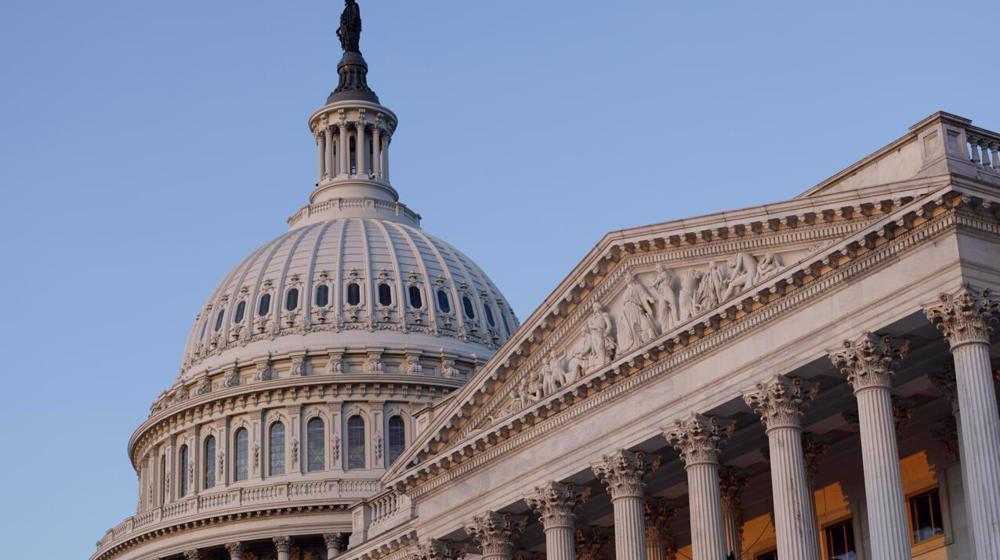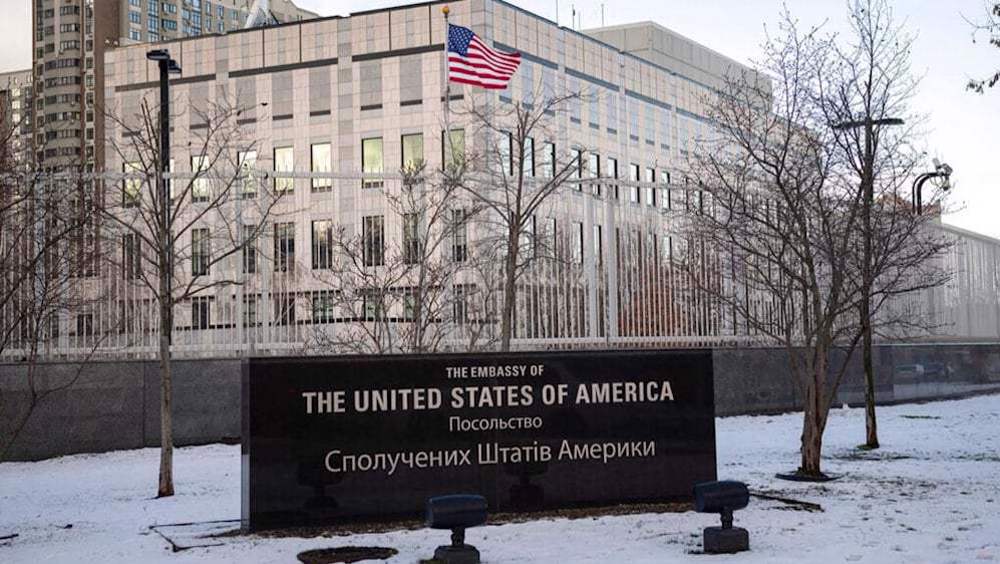US approves sale of 18 torpedoes to Taiwan amid China tension
The United States has approved the sale of 18 heavyweight torpedoes to Taiwan for $180 million, the State Department said Wednesday, in a move that could further strain Washington's already tense relationship with Beijing.
The US framed the sale as a mutually beneficial transaction.
"This proposed sale serves U.S. national, economic, and security interests by supporting the recipient's continuing efforts to modernize its armed forces and to maintain a credible defensive capability," the State Department said.
The sale "will help improve the security of the recipient and assist in maintaining political stability, military balance, and economic progress in the region," the statement added, a reference to Washington's strategic priority of countering Beijing's influence.
The MK-48 torpedoes -- which can be launched from a submarine -- are being provided from existing US Navy stock, the State Department said.
Taiwan has been ruled separately from the mainland since 1949 after the Nationalists lost a civil war to the Communists and fled to the island to set up a rival government.
Beijing however views Taiwan as part of its territory and has vowed to seize it by force if necessary.
Washington severed diplomatic ties with Taipei in 1979 in order to recognize the government in Beijing as China's only legitimate ruling body, but remains Taiwan's main weapons supplier.
President Donald Trump has made it clear he will continue the practice.
China recently told France that a weapons deal with Taiwan would damage French-Chinese relations.
The deal is related to the 1990s sale of French warships to Taiwan, according to the Taiwanese press, which at the time led to a diplomatic crisis between Paris and Beijing.
US warns India of China 'aggression'
The United States on Wednesday accused China of employing border clashes with India to try to shift the status quo, and encouraged New Delhi to resist.
Alice Wells, the top US diplomat for South Asia, drew parallels between the growing skirmishes in the Himalayas and Beijing's years of increasing assertiveness in the dispute-rife South China Sea.
"For anyone who was under any illusions that Chinese aggression was only rhetorical, I think they need to speak to India," Wells told the Atlantic Council think tank.
"If you look to the South China Sea, there's a method here to Chinese operations, and it is that constant aggression, the constant attempt to shift the norms, to shift what is the status quo.
"It has to be resisted," said Wells, speaking as she retires from the State Department.
Indian and Chinese troops have engaged in a growing number of brawls and other low-level clashes on their sprawling border, including a recent standoff at the Nathu La Pass which connects the Indian state of Sikkim and Chinese-ruled Tibet.
The world's two most populous nations have longstanding border tensions and fought a brief 1962 war, which shattered the hopes of India's first prime minister, Jawaharlal Nehru, for solidarity between the Asian powers.
China still claims about 90,000 square kilometers (35,000 square miles) of territory under New Delhi's control.
Wells reiterated that the United States backs India's claims and encouraged New Delhi and Beijing to resolve their issues diplomatically.
The United States has for two decades been building close ties with India and has an increasingly acrimonious relationship with China on multiple fronts.
(Source: AFP)
VIDEO | Struggles of Palestinian women amidst war, displacement
VIDEO | Hezbollah rains attack drones down on elite Israeli brigade
VIDEO | US biased mediation fails
Leader: All captains of criminal, Zionist, terrorist gang must be prosecuted
Iran further raises its oil prices for Chinese buyers: Report
Iran to launch major pressure-boosting projects in South Pars
VIDEO | Escalation amid ceasefire talks
EU's Borrell says ICC arrest warrants for Israeli leaders binding












 This makes it easy to access the Press TV website
This makes it easy to access the Press TV website